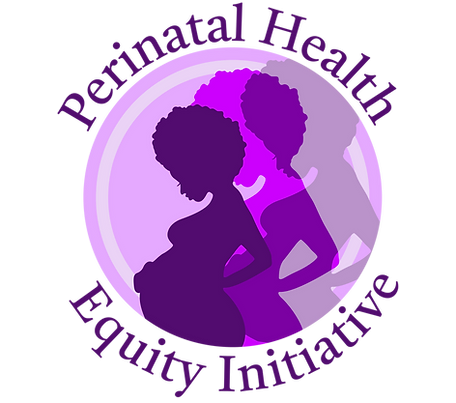In the heart of American literature stands Phillis Wheatley, a beacon of resilience and intellect whose life illuminates both the triumphs and tragedies of Black women throughout history. Born in West Africa and enslaved in colonial America, Wheatley defied the odds to become the first published Black woman poet in the United States. Her journey, however, was tragically cut short at the young age of 31, during childbirth—a stark reminder of the persistent challenges faced by Black women in maternal health.
Phillis Wheatley: A Life Marked by Triumph and Tragedy
Phillis Wheatley’s story is one of extraordinary achievement amid profound adversity. Enslaved at a young age and purchased by the Wheatley family in Boston, she defied expectations by mastering multiple languages and becoming a celebrated poet. Her literary talent challenged prevailing stereotypes about race and intellect, yet her life tragically ended during childbirth, underscoring the harsh realities Black women have faced historically in accessing adequate healthcare.
The Connection to Black Maternal Health Today
Phillis Wheatley’s untimely death serves as a poignant connection to the ongoing crisis of Black maternal health in America. Despite advances in medicine and healthcare, Black women continue to face alarming disparities in maternal mortality rates. Statistics reveal that Black women are seven to eight times more likely to die from pregnancy-related complications than their white counterparts in New Jersey —a staggering disparity that cannot be explained by biological factors but rather by systemic racism, implicit bias, and social determinants of health.
Challenging Misconceptions and Addressing Root Causes
It is crucial to challenge misconceptions that suggest Black women are inherently predisposed to pregnancy-related complications. The truth lies in the structural inequities embedded within our healthcare system. Factors such as limited access to quality prenatal care, racial bias in medical treatment, socioeconomic disparities, and environmental stressors all contribute to the disproportionate risks faced by Black mothers.
The Role of Perinatal Health Equity Initiative
In response to these challenges, Perinatal Health Equity Initiative has emerged as champions for change. Dedicated to eliminating healthcare disparities in Black infant and maternal health, we advocate for:
- Legislation and Policy Reform: Pushing for policies that promote equitable healthcare access and address racial disparities in maternal health outcomes.
- Education and Awareness: Empowering communities with knowledge about their rights, healthcare options, and the impact of systemic racism on maternal health.
- Community Engagement and Support: Building networks of support and solidarity among Black mothers, healthcare providers, and advocates to ensure holistic care and support during pregnancy and childbirth.
Moving Forward with Hope and Determination
As we honor Phillis Wheatley’s legacy, we must renew our commitment to creating a future where Black women receive the respect, dignity, and care they deserve during pregnancy and childbirth. Through collective action, we can dismantle the systemic barriers that perpetuate health inequities and ensure that every mother—regardless of race or socioeconomic status—has the opportunity to experience a safe and healthy pregnancy.


